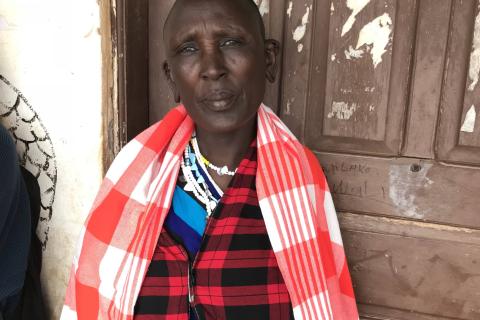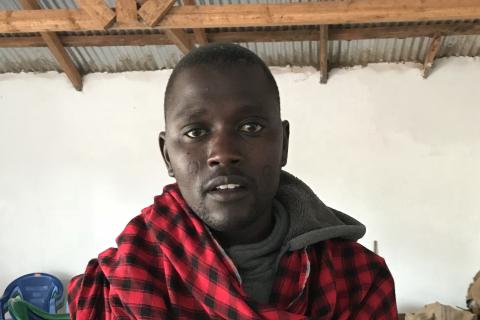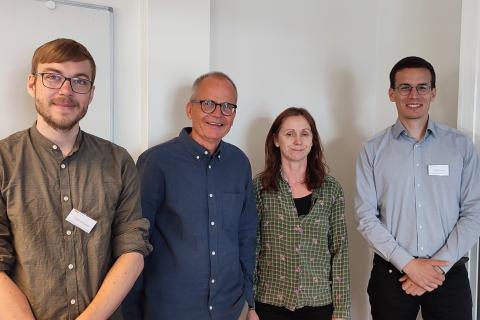People listen to me now
By Rosa Olokweni, Gender and Land Champion, WOLTS Project Tanzania
Before HakiMadini and WOLTS came to Mundarara, it was as though women in our village were sleeping. None of us was aware of our rights to land, many of us were mistreated by our husbands and we never spoke in meetings.





